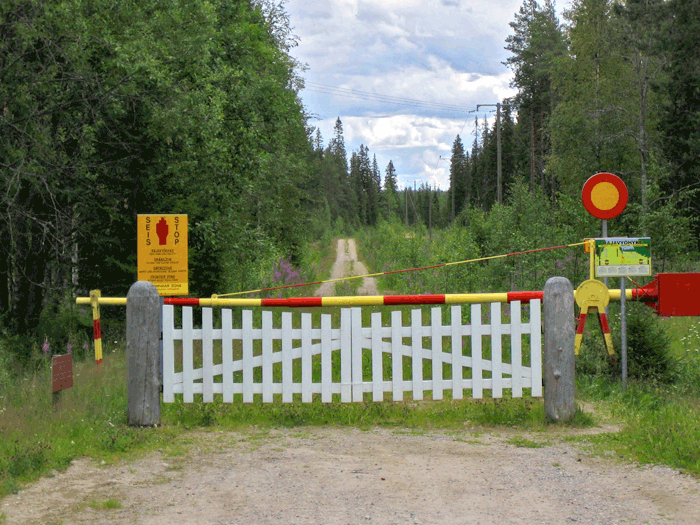
17 July 2023
Defeat, chaos and submissionORIGINSAmerica provoked this war through Nato expansion, colour revolutions, refusal of dialogue and its openly-declared intent to weaken Russia (before pivoting to China incidentally!) and more specifically the invitation to Ukraine in 2008 to join Nato. America has contained and cornered Russia to a point where Russia feels its security and very existence is so compromised it must respond. Russia...



















